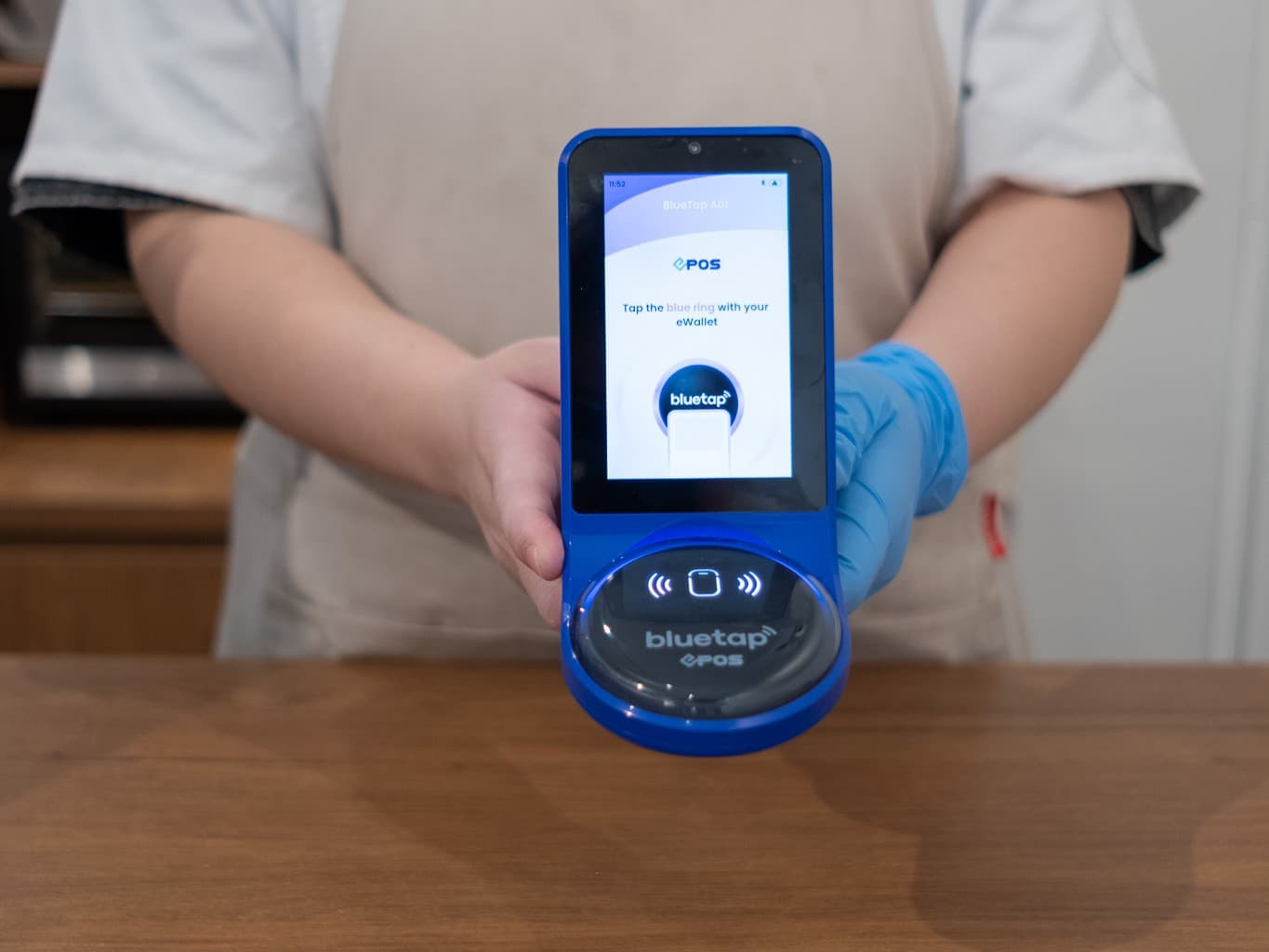
From the pandemic to rising inflation and the cost-of-living crisis, businesses and entrepreneurs are facing severe challenges and as a result, we’re seeing many businesses reach the brink.
In fact, Government figures found that in August this year alone, almost 2,000 registered businesses went bust in England and Wales. A concerning increase of 43% on the same period last year.
Given that businesses are the backbone of the economy, integral to any economic growth and recovery we aim to encourage, it’s vital we ensure entrepreneurs feel capable of tackling these challenges.
This boils down to delivering education, building resilience, and pushing innovation.
In the business world, there’s often a stubbornness amongst entrepreneurs to continue learning or admit that they’re struggling. Consequently, many businesses falter because they’ve failed to adapt or reach out for help.
However, education isn’t just for budding entrepreneurs. You can never stop learning in business because the environment is constantly changing and consumer attitudes shift, just as the economic climate and digital landscape do too.
If we consider the impact of the pandemic as a prime example, every aspect of the working paradigm shifted from in person to online. For businesses that didn’t have a digital footprint, this meant converting customers, building a social media presence, and identifying the opportunity to widen reach and audience to survive.
For entrepreneurs, this meant they had to act fast and smart. By enlisting onto digital programs or signing up to seminars that touch on digitalisation, social media and building a footprint online, entrepreneurs can ensure they’re aligning their personal business goals to the current climate, as well as playing a crucial role in boosting the economy.
In Sage’s ‘Digital Britain’ report, it was reported that the use of technology by small and medium businesses (SMBs) contributes £216 billion to the UK economy. But, if SMBs can unlock the full benefits of technology, this could add an extra £232 billion, boosting the value of tech use to the UK economy by almost double to a remarkable £448 billion annually.
As well as digital skills and the use of technology, entrepreneurs should also be opening themselves up to receiving tangible advice around building a business plan, raising finance and the key to effective recruitment. Collaboration is crucial to success, particularly in the current environment.
Also, if entrepreneurs feel capable and equipped with the right skillset and knowledge, they’re going to feel more confident. Being a businessperson can be risky, the suddenness of the pandemic is testimony to this but if entrepreneurs are confident and prepared, they can assess risks effectively, implement robust plans of action and build resilience to overcome challenges, no matter how severe they are.
And, for when businesses do go under or a business plan falls through, entrepreneurs need to re-work their mindset and view it not as a failure, but an opportunity to learn from.
Challenges aren’t new when it comes to business, but never has there been a better opportunity to learn as entrepreneurs. Given the digitalisation phenomenon ignited by the pandemic, entrepreneurs don’t need to go to physical spaces to learn. Instead, they can join a digital network, take online masterclasses, and watch video tutorials.
Communication with mentors and other peers is also instant, meaning entrepreneurs can get their questions answered quicker and progress their business goals and objectives smoother.
The opportunity to learn is there and for entrepreneurs who take the leap, the opportunities to progress and profit will prove boundless.
By Martin Warner, an entrepreneur and mentor with his educational programme, Entrepreneur Seminar.
He was also the first British pioneer to enter the eVTOL (electric Vertical Take-Off & Landing) race for Urban Air Mobility and is the CEO of Flix Premiere, the leading independent film streaming service.


